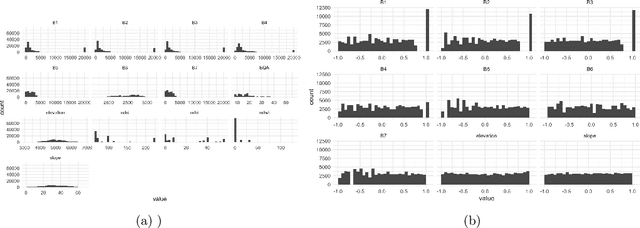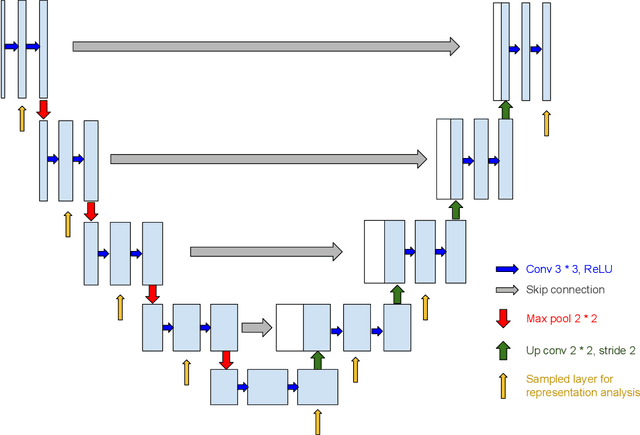Minxing Zheng
Department of Statistics, University of Wisconsin - Madison
Optimizing Probabilistic Conformal Prediction with Vectorized Non-Conformity Scores
Oct 17, 2024



Abstract:Generative models have shown significant promise in critical domains such as medical diagnosis, autonomous driving, and climate science, where reliable decision-making hinges on accurate uncertainty quantification. While probabilistic conformal prediction (PCP) offers a powerful framework for this purpose, its coverage efficiency -- the size of the uncertainty set -- is limited when dealing with complex underlying distributions and a finite number of generated samples. In this paper, we propose a novel PCP framework that enhances efficiency by first vectorizing the non-conformity scores with ranked samples and then optimizing the shape of the prediction set by varying the quantiles for samples at the same rank. Our method delivers valid coverage while producing discontinuous and more efficient prediction sets, making it particularly suited for high-stakes applications. We demonstrate the effectiveness of our approach through experiments on both synthetic and real-world datasets.
Interactive Visualization and Representation Analysis Applied to Glacier Segmentation
Dec 11, 2021



Abstract:Interpretability has attracted increasing attention in earth observation problems. We apply interactive visualization and representation analysis to guide interpretation of glacier segmentation models. We visualize the activations from a U-Net to understand and evaluate the model performance. We build an online interface using the Shiny R package to provide comprehensive error analysis of the predictions. Users can interact with the panels and discover model failure modes. Further, we discuss how visualization can provide sanity checks during data preprocessing and model training.
 Add to Chrome
Add to Chrome Add to Firefox
Add to Firefox Add to Edge
Add to Edge